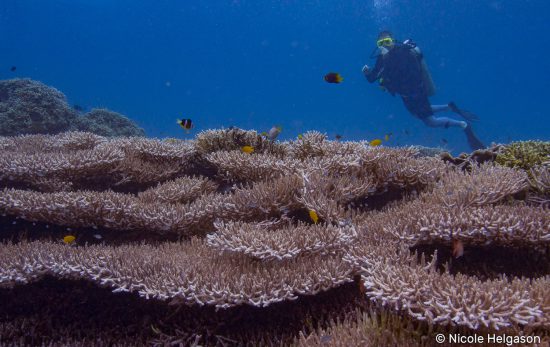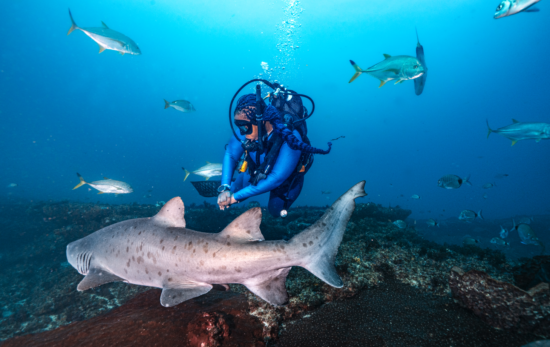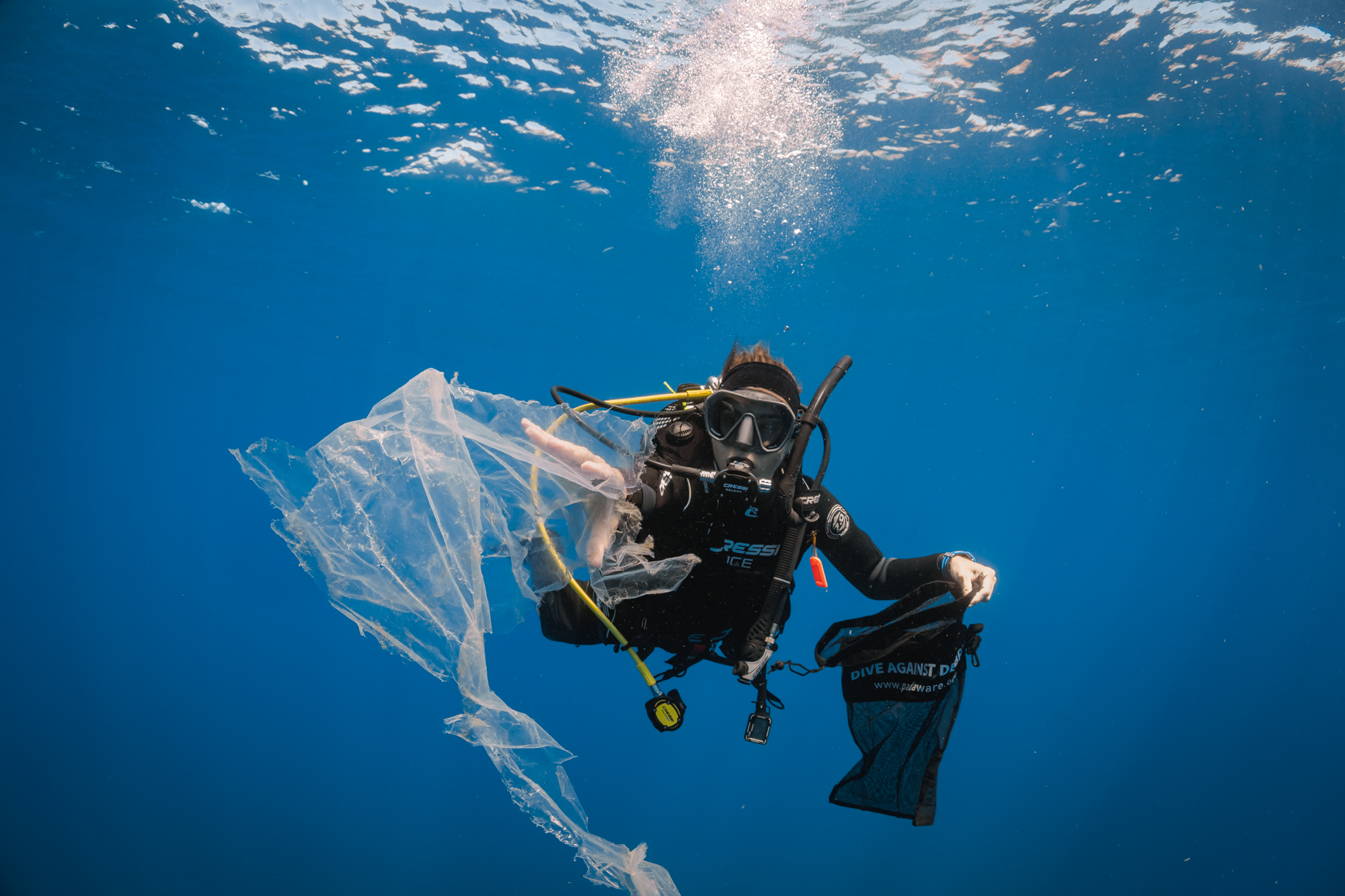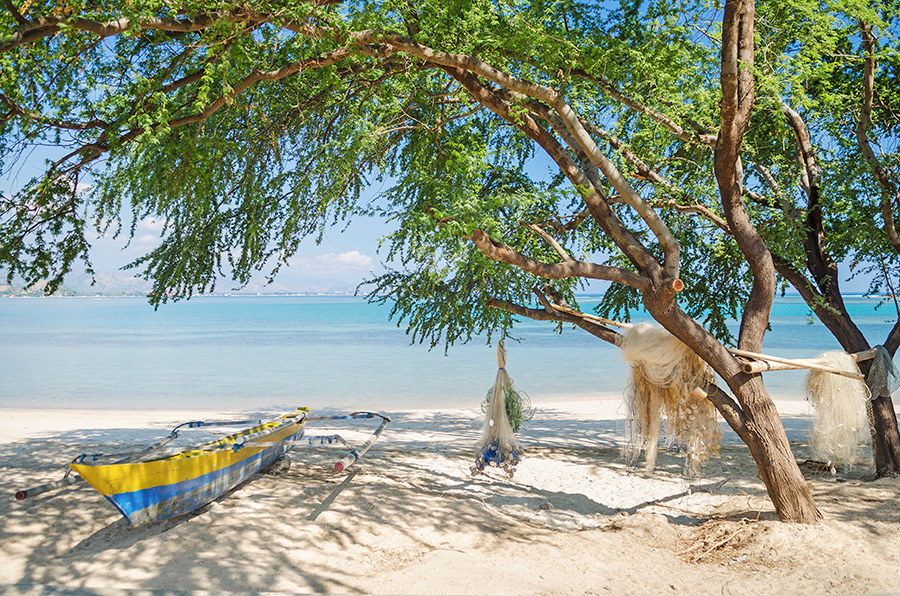
As divers, we are extremely fortunate to explores parts of the world which some will only view on television or in magazines. We are also ambassadors for the amazing underwater ecosystems which we explore. Let’s try and make sure each and every dive site we visit remains in the same condition in which we found it – or even better. Be proud to be an eco diver, protect what you love and share it with others. Here are some helpful hints to enable you to do just that!
1. #StopSucking – Plastic drinking straws contribute highly to plastic waste in holiday destinations. Say no to plastic straws in your drinks, or look for other options, like a funky glass or aluminium straw that you can take along and reuse. Check out Strawless Ocean to find out more about how you can Stop Sucking. On that note:
2. Use less plastic all together – Straws aren’t the only single use plastic you can avoid. Find alternatives to plastic water bottles and cutlery and the ocean will thank you. All it takes is a little preparation.
3. Take trash away with you – If you’re staying in a location which has poor waste collection and management services, take your empty toiletry bottles home with you where possible.
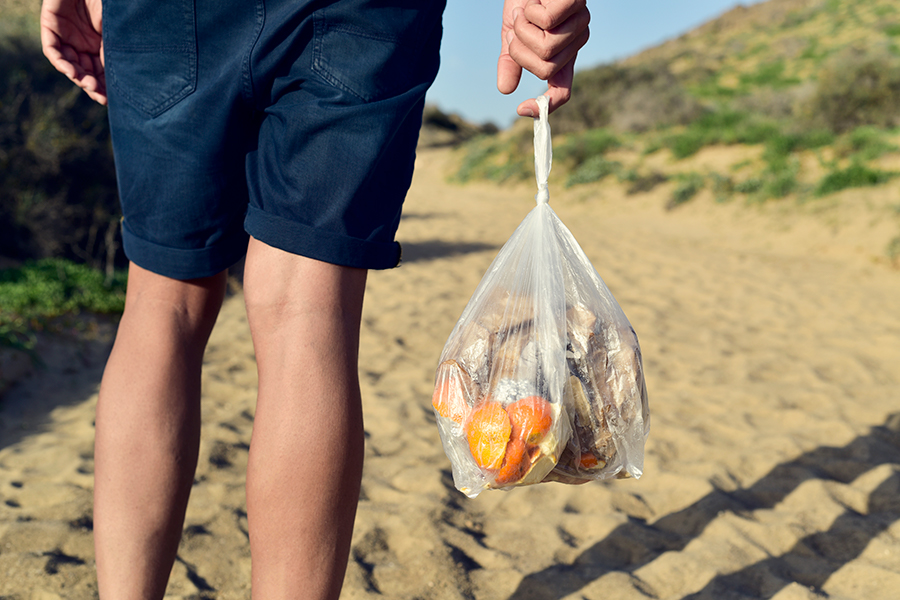
4. Use rechargeable batteries – In some countries there are no facilities for safely disposing of batteries. Invest in rechargeable batteries and you’ll be saving the ocean from dangerous chemicals.
5. Dive with a mesh bag – A mesh bag folds up very small and will easily fit inside your BCD pocket. If you see debris during your dive, and it’s safe to do so, collect it along the way. You’ll be preserving the reef and setting a great example to other divers. Take your efforts one step further and report your debris data after your dive using the Project AWARE® App.
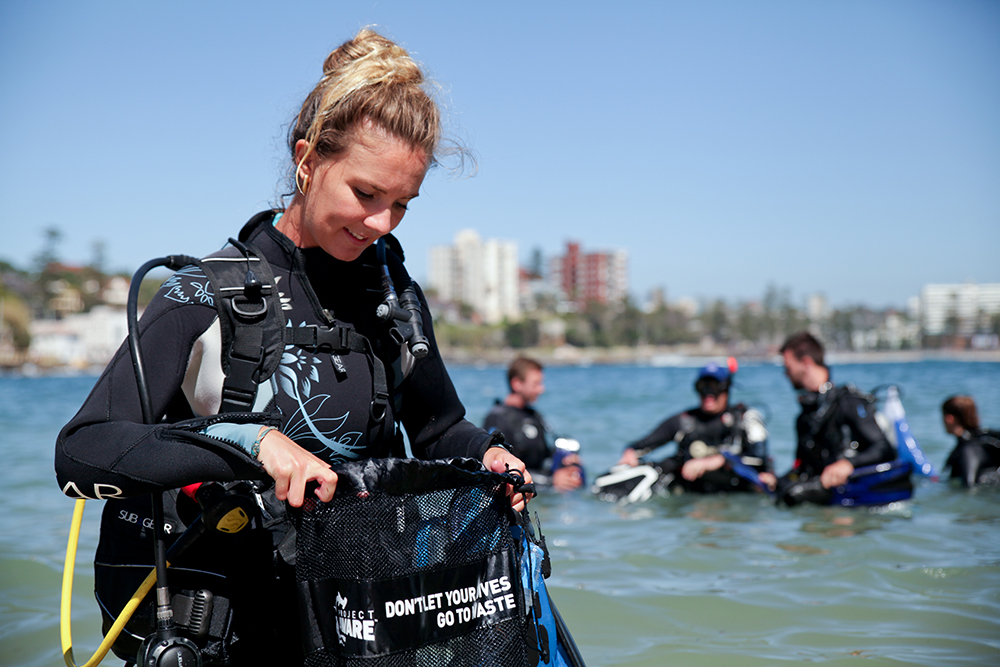
6. Use coral friendly sunscreen – Most regular sunscreens are oil based and when you swim in the ocean some of it washes into the water. This oily residue sinks to the bottom and can suffocate corals. One great example is Stream2Sea sunscreen.
7. Save water – In many tropical areas, water is a precious resource. Just leaving the tap running when you brush your teeth wastes around 10 Litres of water. Try to take shorter showers and turn the tap off when it’s not necessary.
8. Flip the switch – Remember to turn your lights and air conditioner off when you leave your room. This helps save electricity and lowers your environmental impact.
9. Take only photos – Shells and other marine items are often very beautiful but they are an important part of the aquatic ecosystem. Take only photos, leave only bubbles and avoid touching and contact with the reef.
10. Corals are a gift, not to be gifted – Choose traditional non-marine based souvenirs such as paintings instead of shell or coral based items.
11. Rules rule – If you’re diving in a Marine Protected Area, ask about any rules or policies such as no gloved. In all areas, listen closely to your Divemaster’s briefing so you dive in a manner appropriate for that area – it will help reduce the risk of contact with the reef as well as increase safety.
12. Think before you eat – When dining out, don’t be afraid to ask where the seafood was caught and if it has been fished sustainably. In some areas with rapid tourism growth, the sea food trade is depleting certain species. Not sure where to start? Your dive operator might be able to regionally specific advice or take a look at this guide.
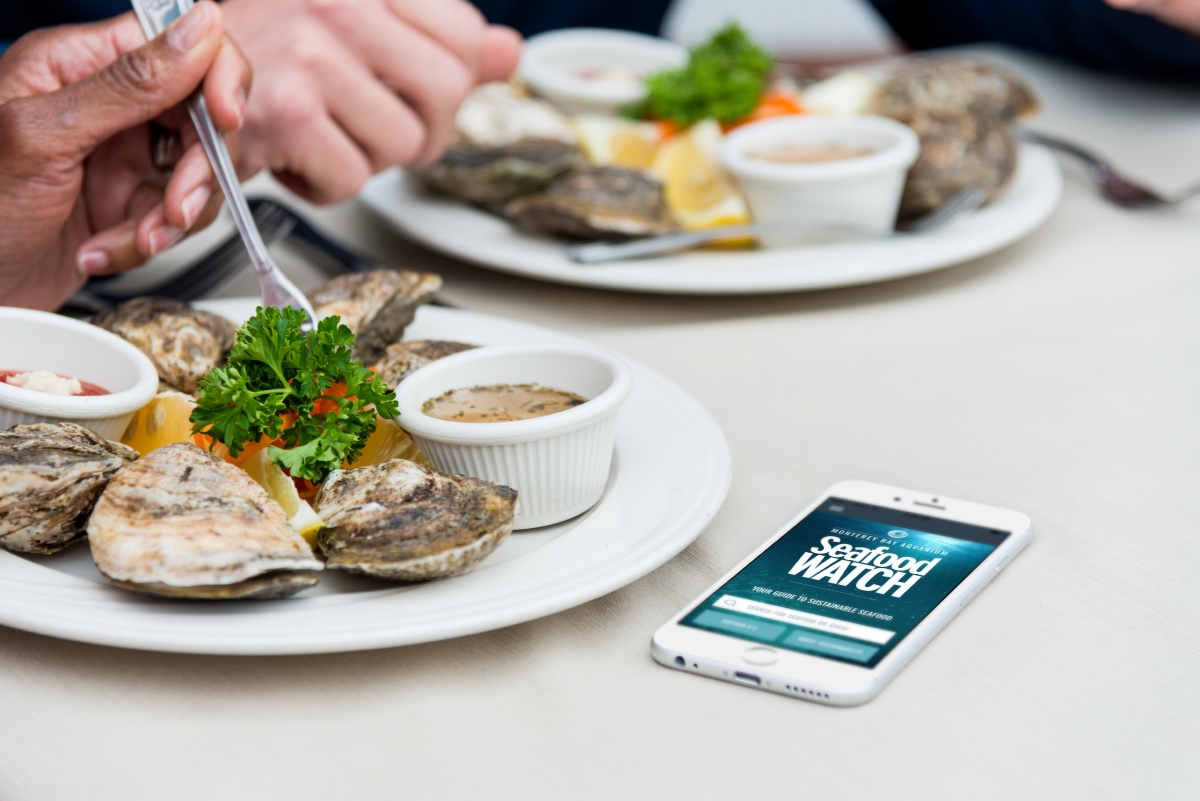
13. Sharing is caring – Share your amazing underwater images on social media. By inspiring more people to join the diving community you are increasing the number of underwater ambassadors!
14. Educate yourself – before you leave for your trip, take some time to learn about the marine life in the area. Your additional knowledge will enhance your experience and you’ll learn about any environmental issues the region is facing which you may be able to assist with.
15. Take your learning to the next level – Did you know that there are PADI Distinctive Specialty Courses which teach you about a variety of marine life species including whale sharks, sharks, sea turtles and regionally specific species? Ask your local PADI Dive Shop and get a certification while you are learning with an expert PADI Instructor.
16. Volunteer – Helping others feels good and helps our oceans. Ask your dive operator if they have any underwater or beach clean ups planned during your stay. If not, volunteer to organise a beach clean up for them or check on the local community social media pages for anything else happening in the area.
Ready to get packing? Find a PADI Dive Shop for your next adventure. Have fun, enjoy incredible dives and help preserve our ocean environments for the future.


